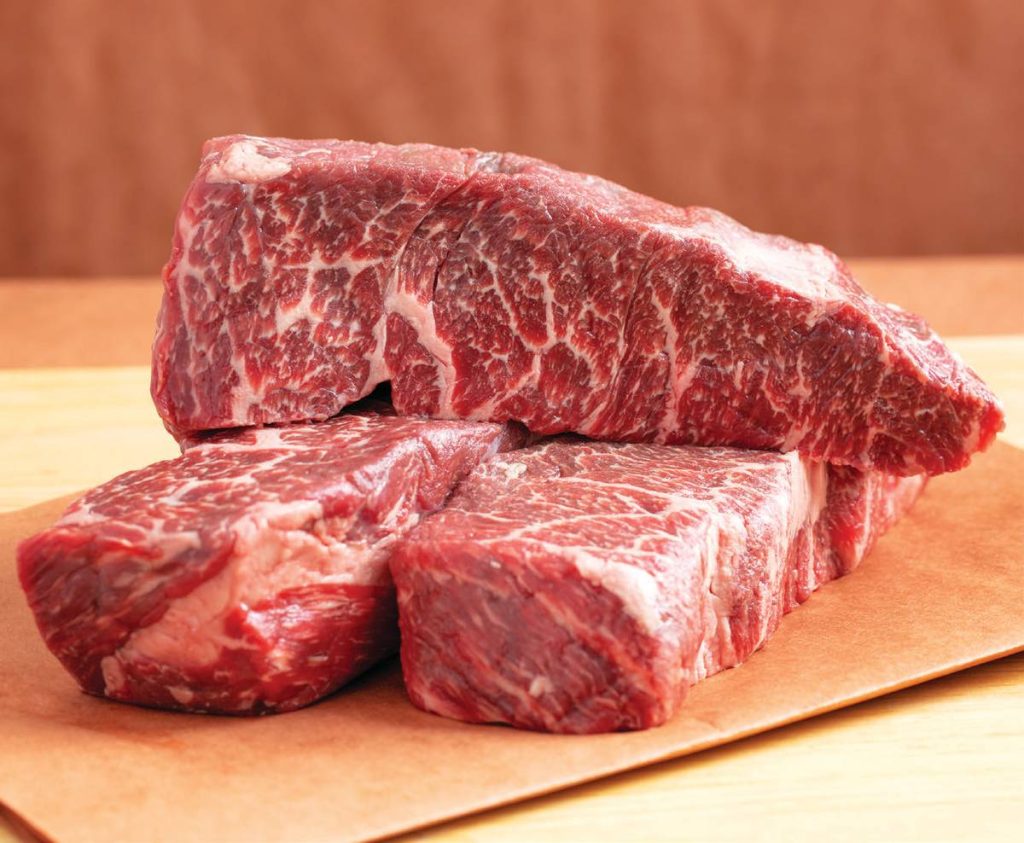In the bustling aisles of modern supermarkets, consumers are bombarded with labels boasting of free-range, grass-fed, and organic meat products. These labels often conjure images of idyllic farms and happy animals roaming freely under the sun. However, behind these picturesque depictions lies a troubling reality: the rampant use of misleading meat labels. This practice, aimed at capitalizing on consumers’ desires for ethically sourced and environmentally friendly products, is a growing concern that demands attention. One of the most common misleading labels in the meat industry is natural. While this term may evoke notions of wholesome, minimally processed food, its meaning in the context of meat labeling is far from clear. In fact, the label natural holds no regulatory definition by the USDA, leaving it open to interpretation by food manufacturers. Consequently, meat products labeled as natural can still come from animals raised in confined and industrialized settings, fed antibiotics and growth hormones, and subjected to other questionable practices.

Similarly, the term free-range often implies that animals have access to outdoor spaces, allowing them to engage in natural behaviors. However, the reality is that the criteria for labeling meat as free-range are often vague and inconsistently enforced. In some cases, animals labeled as free-range may only have minimal access to outdoor areas for short periods, hardly resembling the pastoral scenes depicted on product packaging. Another misleading label that consumers encounter is grass-fed. While grass-fed animals are indeed raised on a diet primarily consisting of grass and forage, this label does not guarantee that the animals were raised in humane conditions or that they were not subjected to other questionable practices. Additionally, the label does not address other crucial factors such as the use of antibiotics or hormones. In response to the growing demand for ethically sourced and environmentally sustainable Anya Fernald meat products, many companies have begun to use labels such as organic to attract conscientious consumers.
While organic certification does entail adherence to certain standards regarding animal welfare and environmental sustainability, the label alone does not necessarily guarantee ethical practices throughout the entire production process. Moreover, the organic label can be prohibitively expensive for smaller farmers to obtain, creating barriers to entry and further consolidating the market in favor of larger producers. The prevalence of misleading meat labels not only undermines consumer trust but also poses significant ethical and environmental concerns. Consumers who purchase meat products based on misleading labels may inadvertently support practices that harm animal welfare, contribute to environmental degradation, and perpetuate unsustainable farming methods. Additionally, the lack of clear and standardized labeling regulations allows unscrupulous producers to exploit consumers’ good intentions for profit, further eroding trust in the food system. Addressing the issue of misleading meat labels requires comprehensive regulatory reform to establish clear and enforceable standards for labeling practices.